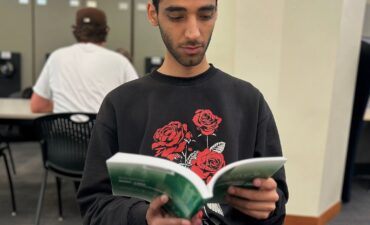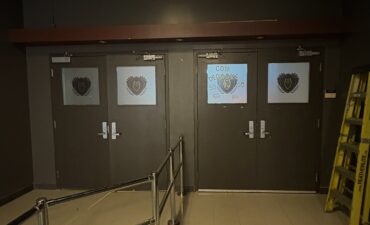
The effect of COVID-19 has been felt across every aspect of society. This is especially true with university students, as the new norm is making many of them have trouble looking forward to another academic year of online classes.
“I’m sad,” said Kara Miskolczi, a second-year education student at the U of R.
“It is so sad because I like the social aspect of it too. I had classes with all my friends, now I still have classes with them but we can’t sit together and we can’t talk to each other like we used to.”
Miskolczi did admit that there was at least one pro to the new norm.
“I think its nice in the sense I can be at home and that I can work at my own pace on the asynchronous classes” she said.
Most of her thoughts were focused on the things that were missing however, like the extracurricular activities such as volleyball that were a large part of her university experience as well as working at the campus itself.
“You’re more focused around the university, and you’re more motivated” she said.
Gavin Karakochuk, a third-year U of R student in the human justice program, had similar views on the current situation.
“The pro is that you get to sleep in” he said with a laugh referring to his online courses. The cons far outnumbered the pros unfortunately.
“To me, a Zoom meeting is not an ideal learning environment … There is little to no connection with your professor, with my asynchronous class you’re basically paying the average price of 800 bucks a class just so that you can read a book and watch some videos” said Karakochuk.
When asked how he felt about the prospect of another semester of online courses he said:
“I’m kind of worried about the effect that it will have on some people’s mental health. At least right now you can go out and have a walk. When winter comes, I feel like its going to take a big toll on people’s mental health.”
Karakochuk isn’t the only one concerned about the issue as the U of R Counselling Services Office has moved its operations completely online and has worked hard to make its website accessible due to the possible influx of distressed students in this uncertain time.
The biggest concern mentioned by Karakochuk came when he spoke about the future. He expressed a growing concern that post-secondary students who were going to school during the pandemic would be seen by employers as not receiving a quality education due to the new norm.
“That’s the one thing I am really worried about, and hopefully it doesn’t become a reality.”















